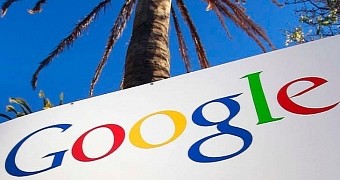Facebook is slowly gaining up on Google when it comes to ad money. While Google is still collecting about a third of the $140 billion (€109.7 billion) Internet ad market in 2014, Facebook’s share has doubled over the past two years to about eight percent.
Data from eMarketer shows that things are about to get serious for the two tech giants, especially since Facebook has no intention at stopping anytime soon.
In fact, Facebook unveiled its “Audience Network” which basically mines what it knows about users and anonymously hands out data about them to marketers to use in other apps for smartphones and tablets. It expands the social network’s ad platform beyond its own borders and into the world.
Since this is all new, it can only grow from here on out and that means more money for Facebook. Obviously, this will suit the social network just fine, even though the users may end up feeling a little bit exploited. After all, there are about 1.3 billion people in the world who log in at least once per month and the chances of someone leaving the network over having their data anonymously handed out to advertisers are slim to none.
Facebook is gaining speed on the mobile ad market
Over the past couple of years, Google’s share of advertising in the mobile segment has dropped slightly to 44.6 percent, while Facebook has reached about 20 percent of the advertising revenues at a global level. In 2012, Facebook’s share was only of 5.9 percent, so the advance rate is impressive.
Considering that Facebook has all it needs to deliver targeted ads based on browsing history of its users, mostly thanks to the social login feature, as well as their activity on the network, the company is a serious competitor for Google.
“Because of that Facebook login, they can track people across devices and understand their behavior. Now they’re letting advertisers leverage that information beyond just ads on Facebook, which plays to challenging Google,” said Cathie Boyle from eMarketer.
The same can be said about Google, however, since its social login feature is quite popular as well, especially on mobile phones that run on Android where you have to log into your Google account.
Considering that there are plenty of people who use tools such as AdBlock Plus, which makes their browsing activities ad-free, or private browsing features, Facebook and Google are oftentimes left without information about some of their users. In such cases, data from the social login tool will compensate.
Of course, Google and Facebook are not the only ones using such techniques. Twitter and many other services can monitor the activity of their users for marketing purpose, which translates into dollar bills for them.

 14 DAY TRIAL //
14 DAY TRIAL //